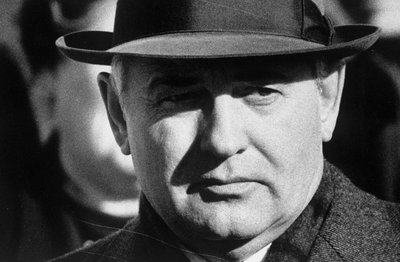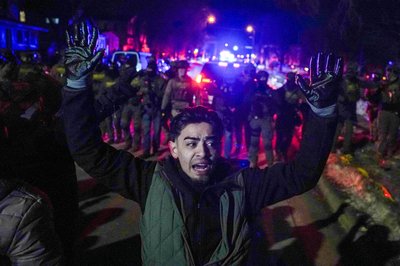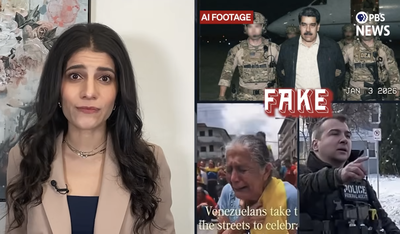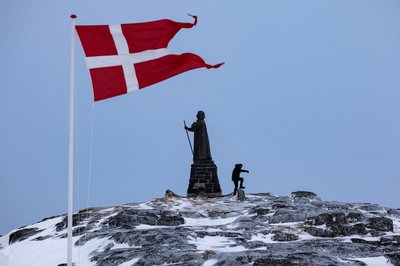Summary
The last leader of the Soviet Union has died at the age of 91. Mikhail Gorbachev passed away in Moscow on August 30 after a long illness. He took power in 1985 and introduced sweeping reforms, but he could not prevent the collapse of the Soviet state at the end of 1991. For a transcript of this story, click here . Important terms Soviet Union (or USSR — Union of Soviet Socialist Republics) — A country made up of Russia and neighboring "Socialist Republics" with a capital in Moscow. Currently independent countries were part of the Soviet Union, including Ukraine, Belarus, the Baltic countries, central Asian countries such as Kazakhstan and more. Cold War — A period of tension around the globe following World War II marked by tension between the U.S. and the Soviet Union. The "Cold War" between the U.S. and the Soviet Union included a struggle for economic, political and military control and influence across the globe and build up of nuclear weapons.Five Facts
- Who was Mikhail Gorbachev?
- What will be some of the things Gorbachev is remembered for, according to this story?
- When did the Soviet Union break up, and who was in power then?
- Why are Gorbachev's policies credited with helping to lead to the end of the Cold War?
- How have world leaders remembered Gorbachev's legacy?
Focus Questions
What do you think is the most important aspect of Gorbachev's legacy for people to remember? Media literacy: What was something about U.S. or world history you learned from this story that you didn't know before?For More
What students can do: Discuss — How would you characterize the role of the United States in the world today compared to during the Cold War? What events have shaped the relationship between the U.S. and other countries since then?- You can read more about Gorbachev and the end of the Cold War here .

Fill out this form to share your thoughts on Classroom’s resources. Sign up for NewsHour Classroom’s ready-to-go Daily News Lessons delivered to your inbox each morning.





